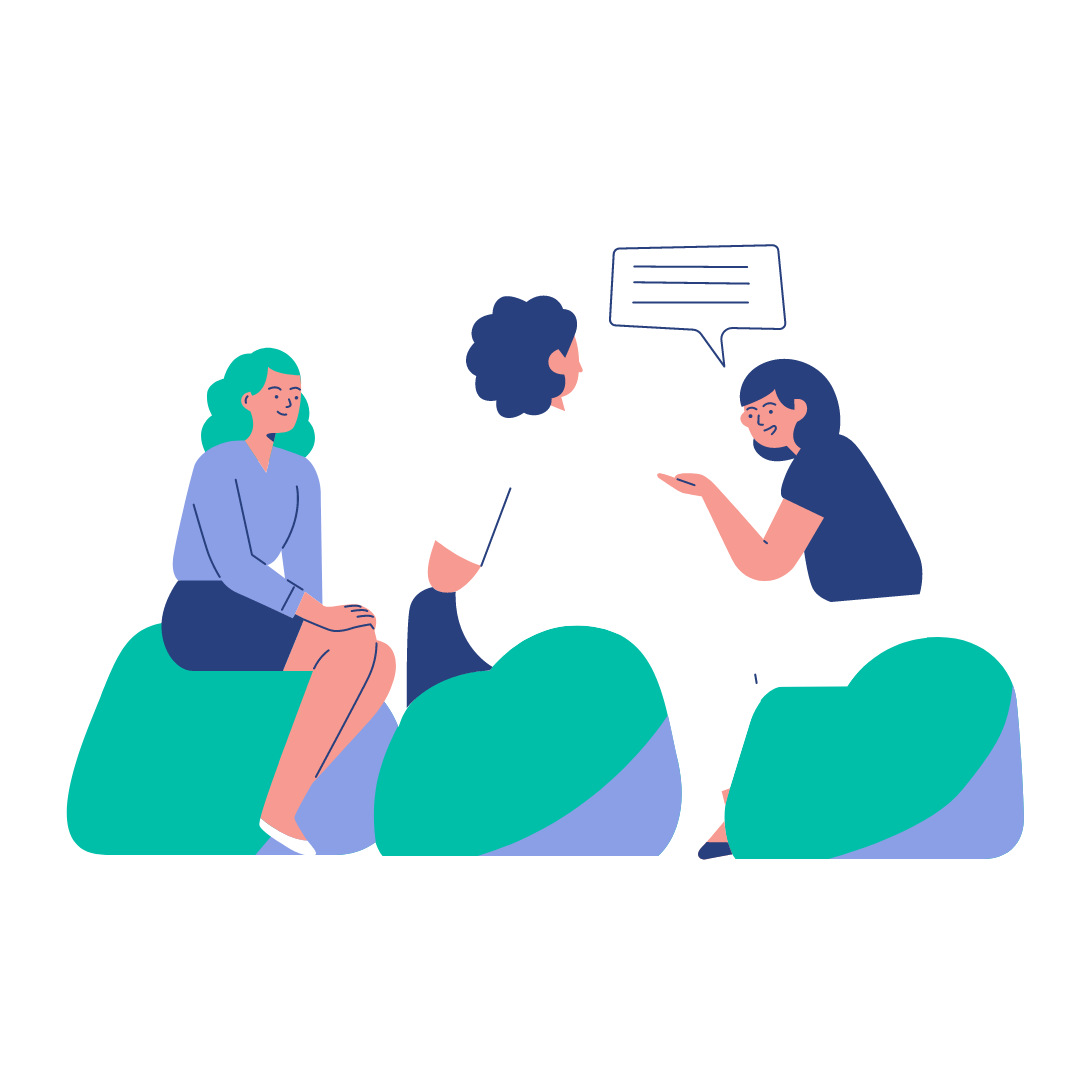Growing up, the topic of mental health was absolutely non-existent.
For those of you who belong to the broader Asian community, I am sure you can share the taboo nature of mental illness within your families. The topic of mental health seems to be invisible and when it is discussed, it is often spoken with a negative light on it. Oftentimes it can be difficult to talk about emotions and feelings with your parents let alone mental illness or deep-rooted issues. There isn’t much of a priority when it comes to mental health. The danger of mental health stigma has taken a toll on the Asian community.
According to a study, Asian Americans are three times less likely than their main counterparts to seek mental health help (Rosenburg, 2018).
According to a study, Asian Americans are three times less likely than their main counterparts to seek mental health help (Rosenburg, 2018). It seems like the stigma of mental health trickles down within generations despite living in a Westernized context. I for one am a victim of that stigmatization and will be discussing and sharing my experience with the topic of mental health, particularly focusing on the East/Southeast Asian community.
Growing up, the topic of mental health was absolutely non-existent. The closest concept to the topic of mental health was the “mentally insane people” my dad would warn me of when I would go out with my friends. That, of course, did no good in combatting the stigma, where I was constructing a concept within my head of the mentally insane. I was also always taught to “be strong,” to “be resilient,” and more importantly, “to not cry.” Crying was seen as a form of weakness. Emotions were weaknesses. This was often reinforced again and again, to the point where I would suppress and internalized all of my emotions. This “toughen-up culture” was so prevalent. I saw the same reactions and responses with my fellow Asian peers as well. We were taught growing up to just suck it up when we were feeling down. Part of the reason I think this was so prevalent was that my parents were taught the same. They were probably also told to get over it. In addition, the lack of education, awareness, and discussions also contributes to stigma.
These emotions were bottled up throughout the entirety of my life. It is quite sad to think that my friends and peers were the only audience willing to talk and hear about my emotions and feelings. Despite my family being there for me for a wide range of things, the only thing they couldn’t offer was solace and warmth when it comes to emotions and feelings. It was really difficult, knowing that the closest people to you couldn’t talk about the simplest things- or in their eyes- something extremely difficult and awkward.
It wasn’t until university that I felt like a risk-taker, someone who was willing and finally able to start a conversation around it. It wasn’t anything too deep, detailed, or extensive. It was a simple, “I feel stressed out.” I think this first step was quite monumental in bridging the mental health knowledge gap. Of course, I got the response I didn’t want to receive: “What are you even stressed about?” “You don’t think I am?” A pretty apathetic response if you tell me. It was the tough love I was used to. The next time, I tried to be a little more serious, I told them I was seeking help through my school’s mental health resources. This time, I got the chance to really explain that seeking help was necessary and like everyone else, it is important to seek the help you need. Although my mini-lecture moment seemed like I really stirred up the pot, I think that this was really the first opportunity to be honest and frank about mental health. Change is often incremental. So if I at least brought it up then maybe, it could eventually change their perspective of mental health. I know it may not seem like I’m doing much, but I think change starts anywhere with a simple conversation.
Even if it’s an awkward and uncomfortable conversation, the stigma will never be tackled if it doesn’t start somewhere.
References
Rosenberg, A. (2018, June 18). Hiding my mental illness from my Asian family almost killed me. Vox. https://www.vox.com/first-person/2018/6/18/17464574/asian-chinese-community-mental-health-illness.




